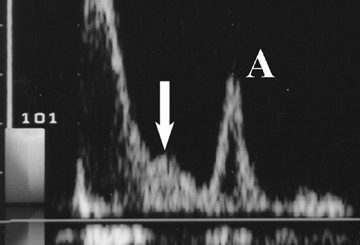Medicine MCQs -13
Contents
- 1 'Maltese cross appearance' in RBCs seen in -
- 2 'Brugada syndrome' is most frequently linked to mutations in the
- 3 When non painful stimulus is experienced as painful is is called as -
- 4 'Maltese crosses' under polarized light are commonly seen in the urinary sediment of patients with -
- 5 Upper motor neuron lesions ALL of the following are CORRECT EXCEPT -
- 6 Which is the VECTOR for Babesiosis?
- 7 'Coat-Hanger' headache seen in -
- 8 Most common purpose of Lumbar puncture is in suspected -
- 9 Orthostatic hypotension is defined as a reduction in systolic blood pressure of at least ...... mmHg or diastolic blood pressure of at least ..... mmHg within ..... min of standing
- 10 Abiliity to identify common objects by palpation, recognizing their shape, texture and size is called as -
'Maltese cross appearance' in RBCs seen in -
Babesia microti, a hemoprotozoan parasite of rodents, is also important as a zoonotic agent of human babesiosis. The Maltese cross form, which consists of four masses in an erythrocyte, is characteristic of the developmental stage of B. microti.
'Brugada syndrome' is most frequently linked to mutations in the
Brugada syndrome - most frequently linked to mutations in the Na+ channel α-subunit, SCN5A
When non painful stimulus is experienced as painful is is called as -
Hypesthesia or hypoethesia refers to a reduction of cutaneous sensation to a specifc type of testing such as pressure, light touch, and warm or cold stimuli
Allodynia describes the situation in which a nonpainful stimulus is experienced as painful
Hyperalgesia denotes severe pain in response to a mildly noxious stimulus
'Maltese crosses' under polarized light are commonly seen in the urinary sediment of patients with -
Maltese crosses under polarized light are commonly seen in the urinary sediment of patients with a nephrotic syndrome
Upper motor neuron lesions ALL of the following are CORRECT EXCEPT -
Fasciculations may be a sign of degeneration of lower motor neurons in which case they may be associated with muscle cramps and neuromyotonia.
Which is the VECTOR for Babesiosis?
Babesiosis - Tick-borne
Tsetse flies - Sleeping sickness (African trypanosomiasis) - Parasite
Sandflies - Leishmaniasis.
Lice - Typhus - Louse-borne relapsing fever
'Coat-Hanger' headache seen in -
Headache of Orthostatic hypotension - is called coat-hanger ache because it affects the neck and shoulders in a coat-hanger pattern.
Neck pain, typically in the suboccipital, posterior cervical, and shoulder region (the "coat-hanger headache"),
Coat-hanger headache -most likely due to neck muscle ischemia
Most common purpose of Lumbar puncture is in suspected -
Most common purpose is in suspected meningitis, since there is no other reliable tool with which meningitis, a life-threatening but highly treatable condition, can be excluded.
Orthostatic hypotension is defined as a reduction in systolic blood pressure of at least ...... mmHg or diastolic blood pressure of at least ..... mmHg within ..... min of standing
Orthostatic hypotension is defined as a reduction in systolic blood pressure of at least 20 mmHg or diastolic blood pressure of at least 10 mmHg within 3 min of standing
Abiliity to identify common objects by palpation, recognizing their shape, texture and size is called as -
Stereognosis





